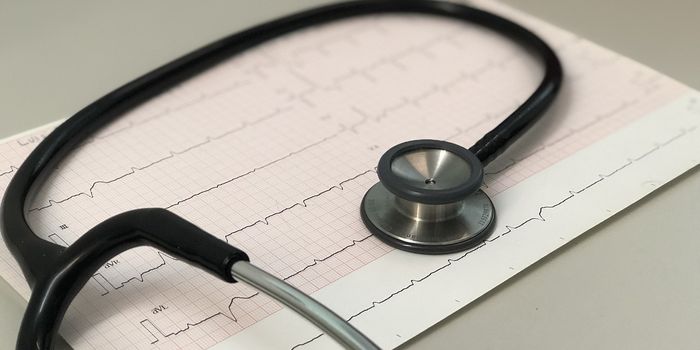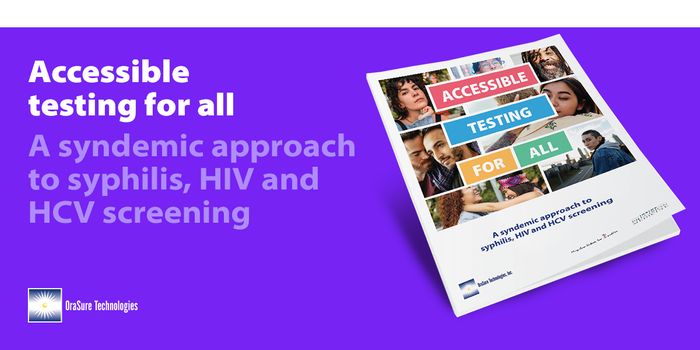Ultra sensitive cancer diagnostic detects DNA "fingerprints" in liquid biopsies
Researchers from the Broad and Dana-Farber Cancer Institutes have developed a diagnostic technology that can be used to monitor patients for the presence of recurring cancer cells after receiving treatment. This “liquid biopsy” screening platform is so sensitive, that it can detect metastatic cancer cells years before they would show up using traditional techniques.
The retrospective study, published in Clinical Cancer Research, tracked banked blood samples from breast cancer patients in the years following their initial diagnosis and treatment. Nearly 30 percent of women diagnosed with breast cancer will develop metastatic disease, as a result of cancer cells breaking away from the original tumor in the breast and migrating to other parts of the body through the bloodstream or the lymphatic system.
Senior author Viktor Adalsteinsson and his team first used whole-exome DNA sequencing to identify the unique DNA “fingerprint” from the tumors isolated from each of the 142 patients in the study. Significantly, the researchers found trace amounts of these cancer DNA sequences in the patients’ blood samples up to three years before metastatic cancer recurrence was picked up using standard diagnostic approaches.
“By taking an individualized approach — searching for many mutations that are specific to one patient’s cancer — we could greatly increase our sensitivity to detect traces of cancer DNA in patients who had completed their initial treatment plan,” explained Adalsteinsson.
“And with that sensitivity, we could identify residual cancer from blood samples taken many months to years before a recurring case was diagnosed through standard approaches.”
Future studies are going to employ whole-genome sequencing to boost the test’s sensitivity by collecting more genetic information about the patient’s tumor. In whole-genome sequencing, large amounts of DNA are sequenced at a single time, allowing researchers to perform a more in-depth characterization of the patient’s entire genome.
With this technology, cancer patients would be able to receive more timely interventions should their cancer return or residual malignant cells be present after their initial treatment.
According to Adalsteinsson, “When we did detect residual disease in blood, following initial courses of treatment, it was a strong predictor of future recurrence. While this was a retrospective study, if a blood biopsy can give clinicians this early warning in real-time, that might provide the opportunity to alter a patient’s outcome.”
Source: The Harvard Gazette, Clinical Cancer Research.









